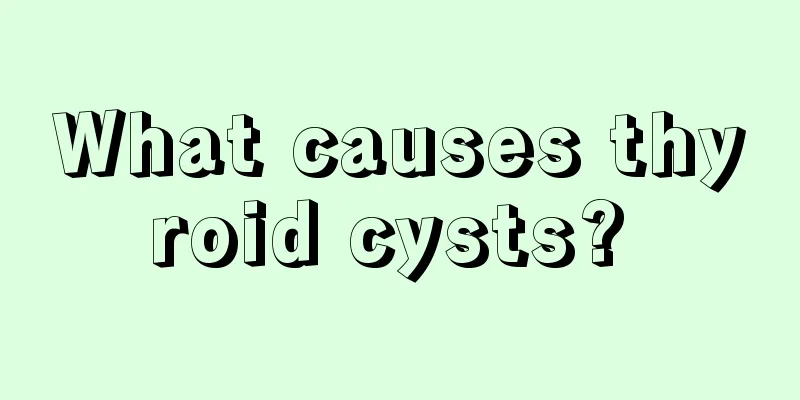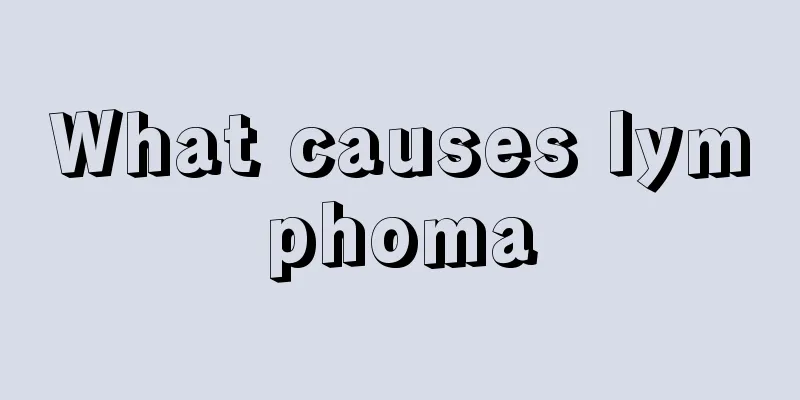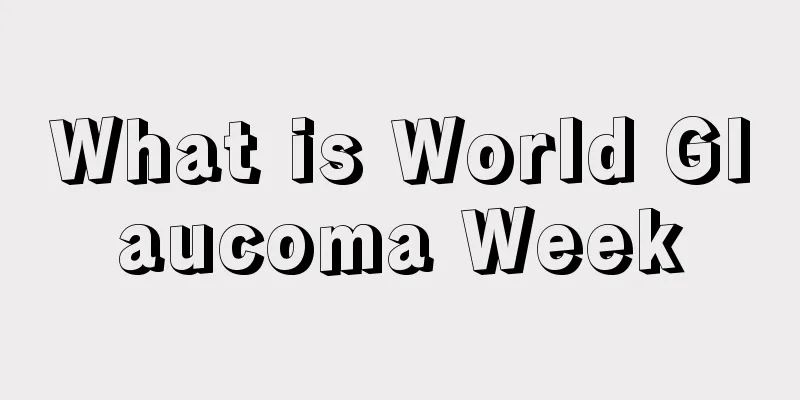What causes thyroid cysts?

|
Thyroid cyst is a local disease that has a great impact on the lives of patients. The main cause of the disease is iodine deficiency, which leads to thyroid enlargement and thyroid cysts. There are many types of thyroid cysts, some are hemorrhagic, some are colloid, some are necrotic, etc. So, what are the causes of thyroid cysts? Clinically, thyroid cysts are not actually a single disease. The vast majority of cysts are caused by simple goiters, mainly nodular goiters and degeneration of thyroid adenoma. Only a few cysts have squamous epithelial walls, which may originate from metaplasia or remnants of the thyroglossal duct and the fourth branchial cleft. Some may also be cystic changes of thyroid cancer. Causes of thyroid cysts (1) Iodine deficiency or excess in the water and soil in epidemic areas. (2) Increased iodine requirement (due to growth and development, breastfeeding, cold, infection, poisoning, emotions, etc.). (3) Goitrogens (cassava, radish, cabbage, thiouracil, thiocyanate, sodium para-aminosalicylate, phenylbutazone, potassium perchlorate, cobalt, and lithium salts). (4) Drinking deep well water (containing excessive sulfur hydrocarbons, calcium, and fluoride), water sources contaminated by bacteria, etc. (5) Familial congenital thyroid hormone synthase deficiency. The thyroid tissue has a strong ability to concentrate iodine. The human thyroid gland needs 60-80ug of iodine every day to produce physiologically active thyroid hormones. There is a mutually dependent and mutually restrictive feedback relationship between the thyroid hormone secreted by the thyroid gland and the thyroid stimulating hormone (TSH) secreted by the pituitary gland in the body. When iodine is deficient, thyroid cells cannot synthesize enough thyroid hormone, the concentration of thyroid hormone in the blood decreases, the inhibitory effect of thyroid hormone on pituitary secretion (TSH) weakens, the secretion of pituitary TSH increases, and the TSH level in the blood increases, causing thyroid hypertrophy and hyperplasia. In severe cases, retrosternal goiter may occur, with the enlarged thyroid gland partially or completely located below the level of the sternum. Since the enlarged thyroid gland compresses surrounding organs, it may cause difficulty breathing, swallowing discomfort, and superior vena cava compression syndrome. Therefore, once a retrosternal goiter is discovered, surgery should be performed immediately, even for asymptomatic patients, in order to avoid malignant transformation or complications of sudden increase in size due to bleeding. Thyroid cyst refers to the presence of fluid in the thyroid gland. Generally speaking, thyroid cysts do not have any symptoms unless they are very large or there are bleeding symptoms inside. At this time, the patient will feel oppression, such as difficulty swallowing when eating, breathing difficulties, and hoarseness. Generally speaking, there will be no malignant cells, so patients do not need to worry too much. |
<<: What should I do if my ovaries have no follicles?
>>: How to treat white sputum caused by bronchitis?
Recommend
What is the difference between vaginal ultrasound and color Doppler ultrasound
Nowadays, many people are very concerned about th...
What Chinese medicine is best for wrist fracture?
People's bones and joints should be warmed up...
Is throat cancer contagious?
Is throat cancer contagious? Throat cancer is als...
Red and swollen acne on chin
Once acne appears on the chin, they will appear q...
It turns out that hypoglycemia aphasia is caused by such factors
Hypoglycemia is a common phenomenon in daily life...
I feel like vomiting when I smell the fragrance
Every girl loves beauty very much and often spray...
Does wall covering contain formaldehyde
After buying a new house, people will choose to d...
What are the common hazards of fibroids
What are the hazards of fibroids? Society is deve...
How long can a person with liver cancer live? It is related to these four periods
Liver malignant tumors are what we call liver can...
Can green tea prevent stomach cancer?
Recent studies have shown that for women, regular...
What is the shelf life of general skin care products?
With the continuous progress of the times, women ...
What are some simple physical exercises?
Nowadays, not many people exercise regularly. In ...
Ginger's effects on the prevention and treatment of 10 major diseases
Ginger refers to the tuberous rhizome of the Zing...
What is the body temperature after ovulation
As women age, they learn more about their physiol...
How to treat spots on the face
Having spots on the face will make you imperfect....









